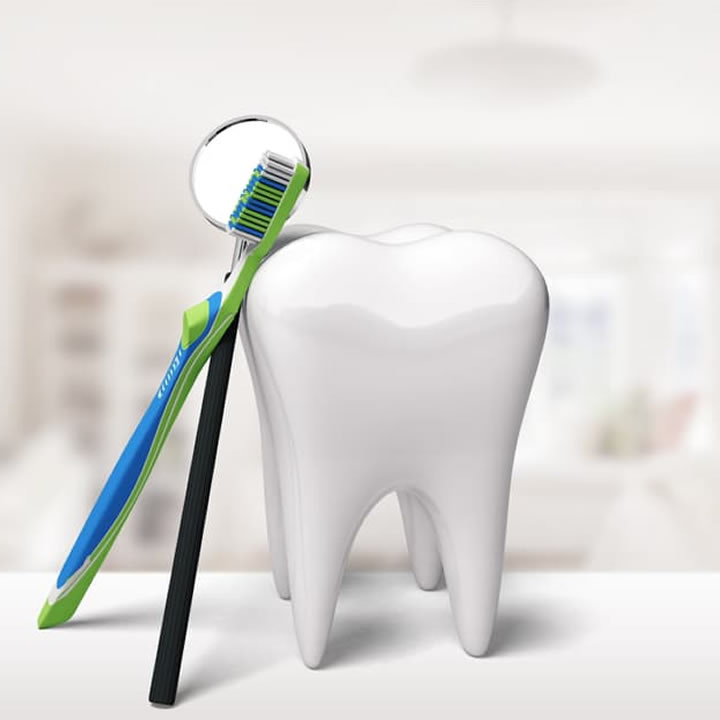One of the consequences of not brushing and flossing properly is the formation of plaque and tartar on the teeth. These dental problems might sound routine compared to more serious procedures like a root canal.
However, if left untreated, they can easily develop into more serious conditions such as cavities and gum disease, eventually costing thousands of dollars in expensive dental treatments. But what exactly is plaque, and how is it different from tartar?
What is Plaque?
Plaque is a sticky, colorless film of bacteria that constantly forms on our teeth. When we eat or drink, plaque produces acids that attack tooth enamel, causing cavities. Plaque can also cause gum disease when it hardens and turns into tartar.
What is Tartar?
Tartar, also known as calculus, is a hard deposit of plaque that has been left on the teeth for too long. Unlike plaque, tartar can only be removed by a dentist or dental hygienist.
Causes of Plaque and Tartar
Plaque is caused by a build-up of bacteria in the mouth. When these bacteria mix with saliva and bits of food, they form a sticky film on the teeth. Tartar, on the other hand, occurs when plaque is not removed from the teeth and is allowed to harden.
Over time, tartar can become very hard and difficult to remove.
The main cause of plaque and tartar, however, is poor dental hygiene. Not brushing or flossing properly lets plaque accumulate on the teeth, eventually leading to tartar formation.
Nonetheless, other causes of plaque and tartar include:
- Eating sugary or acidic foods
- Drinking sugary beverages
- Smoking cigarettes
- Poor oral health habits
Differences Between Plaque and Tartar
- Colour: Plaque is a sticky, colorless film of bacteria that constantly forms on our teeth. Tartar is a yellowish deposit of plaque that coats your teeth and gets under your gum line.
- Removal: Plaque can be removed by brushing and flossing properly. Tartar can only be removed by a dentist or dental hygienist.
- Consequence: Plaque produces acids that attack tooth enamel, causing cavities. Tartar does not cause cavities but can lead to gum disease if left untreated.
Tips for Preventing and Treating Plaque and Tartar Buildup
Regular brushing and flossing are crucial for preventing plaque and tartar build-up. Be sure to brush your teeth at least twice a day and floss at least once a day.
Use an antibacterial mouthwash to help kill bacteria that can cause plaque and tartar build-up.
See your dentist regularly for professional cleanings. During a professional cleaning, the dentist or hygienist will use special instruments to remove any plaque and tartar that has built up on your teeth.
They may also recommend a special toothpaste or mouth rinse to help control the problem.
Quit smoking. Smoking contributes to plaque and tartar build-up.
Eat a healthy diet. A high sugar diet can contribute to plaque and tartar build-up. Choose foods that are low in sugar and rich in nutrients instead.
Drink plenty of water. Drinking water helps to flush away food particles and bacteria that can cause plaque and tartar build-up.
Talk to your dentist about sealants. Sealants are a protective coating that can be applied to the teeth to help prevent plaque and tartar build-up.

